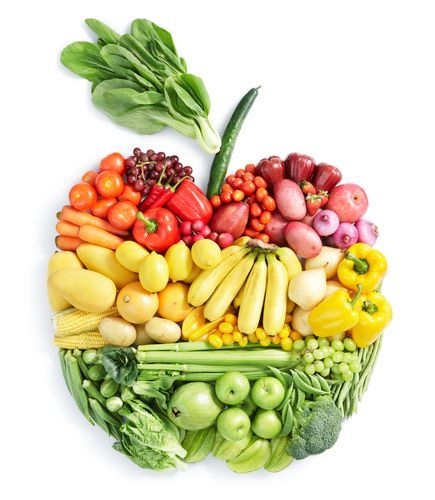2 January 2025
Magnesium is the fourth most abundant mineral in the body, every cell in your body contains it, and needs it to function. Magnesium is involved in more than 300 metabolic reactions in the body (1), including · Energy creation: Helps convert food into energy. · Nervous system regulation: Magnesium has a calming influence, regulating neurotransmitters, that send messages throughout your brain and nervous system, and can help sleep and aid depression (2) · Protein formation: Helps create new proteins from amino acids. · Gene maintenance: Helps create and repair DNA and RNA. · Muscle movements: As part of the contraction and relaxation of muscles. Magnesium is safe and widely available The Nutrient Reference Value (NRV) for Magnesium in the EU is 375mg a day. In the U.S the recommended daily intake (RDI) is 400–420 mg per day for men, and 310–320 mg per day for women. Studies suggest that about 50% of people in the US and Europe get less than the recommended daily amount of magnesium ( 3 & 4). Why? We can’t say for certain but is thought to be due to depleted soils and over refining that reduces mineral content. Some stomach, kidney and pregnancy medically diagnosed conditions can also reduce magnesium availability (5). For all medical conditions it is important to consult your GP first. You can get magnesium from both food and supplements. Food Sources The following foods are good to excellent sources of magnesium: (6) · Pumpkin seeds: 46% of the RDI in a quarter cup (16 grams). · Dark chocolate (70–85% cocoa): 33% of the RDI in 3.5 ounces (100 grams). · Black beans: 30% of the RDI in a cup (172 grams). · Quinoa, cooked: 33% of RDI the in a cup (185 grams). · Halibut: 27% of the RDI in 3.5 ounces (100 grams). · Almonds: 25% of the RDI in a quarter cup (24 grams). · Cashews: 25% of the RDI in a quarter cup (30 grams). · Mackerel: 19% of the RDI in 3.5 ounces (100 grams). · Avocado: 15% of the RDI in one medium avocado (200 grams). · Salmon: 9% of the RDI in 3.5 ounces (100 grams). Supplements Magnesium can is readily absorbed through the skin. For this you can · Soak for 20 mins in a warm bath with 500g of epsom salts · Spray magnesium oil straight onto skin – spray onto your feet at bedtime for maximum absorption and a great sleep Alternatively · Take high bioavailability ( high absorption in your stomach), such as a chelated magnesium supplement, avoid magnesium oxide which is very low absorption References 1. Magnesium in Prevention and Therapy. Gröber et al 2015 .Nutrients.Sep 23;7(9):8199-226. 2. Magnesium in depression. Serefko et al 2013. Pharmacol Rep. 2013;65(3):547-54. 3. Suboptimal magnesium status in the United States: are the health consequences underestimated? Rosanoff et al 2012. Physiol Rev. . Mar;70(3):153-64. 4. Safe Upper Levels for Vitamins and Minerals, May 2003, Expert Group on Vitamins and Minerals 5. http://bestpractice.bmj.com/best-practice/monograph/1137/overview/aetiology.html 6. Authority Nutrition - 10 Evidence-Based Health Benefits of Magnesium




